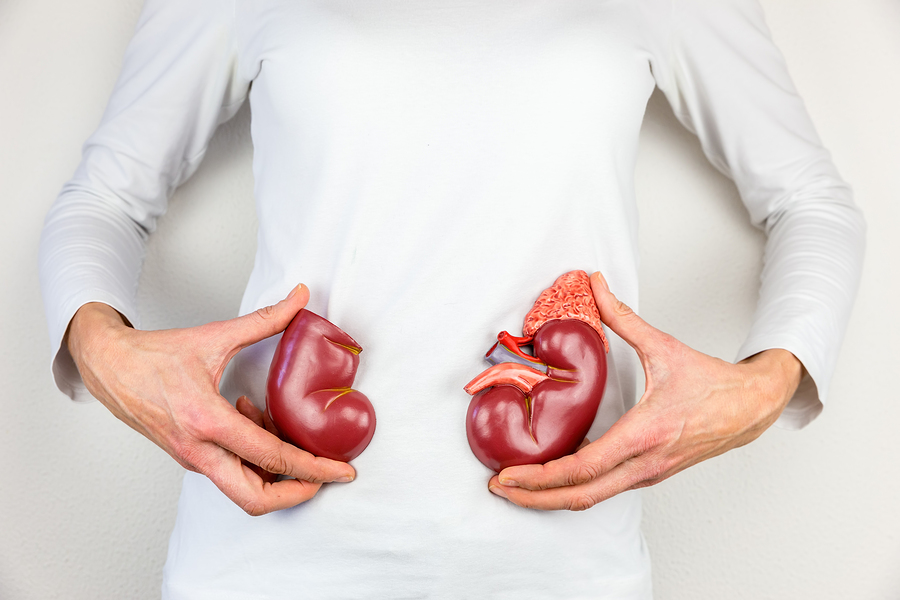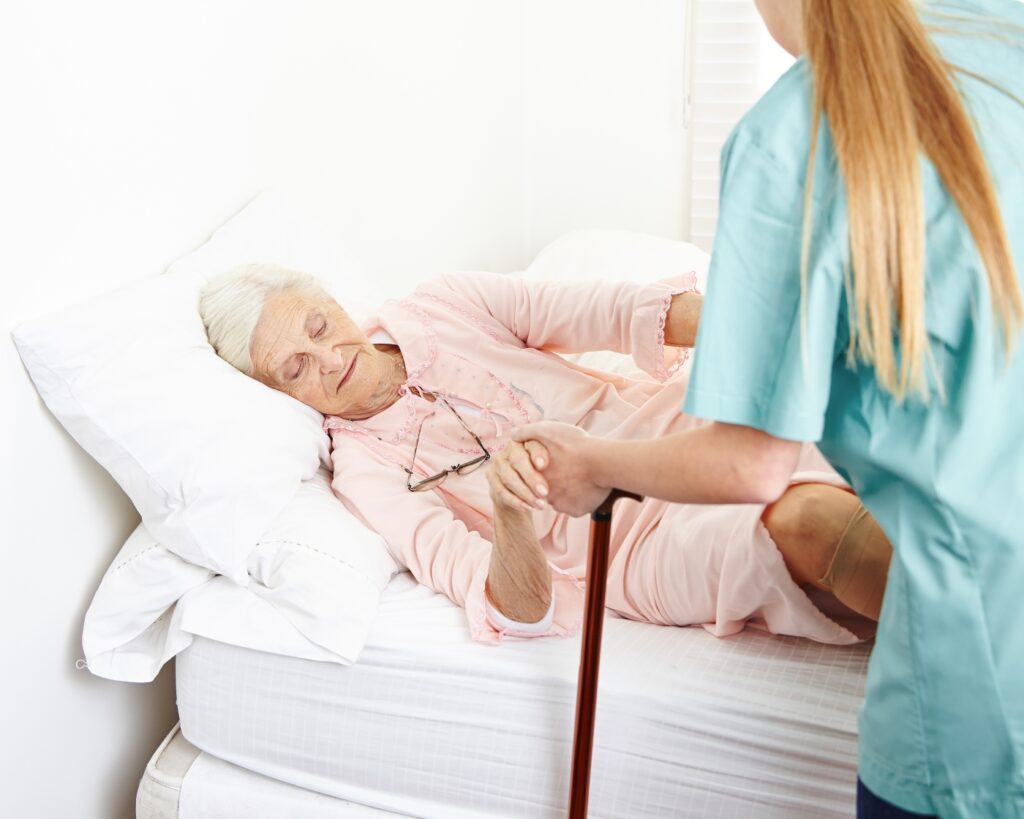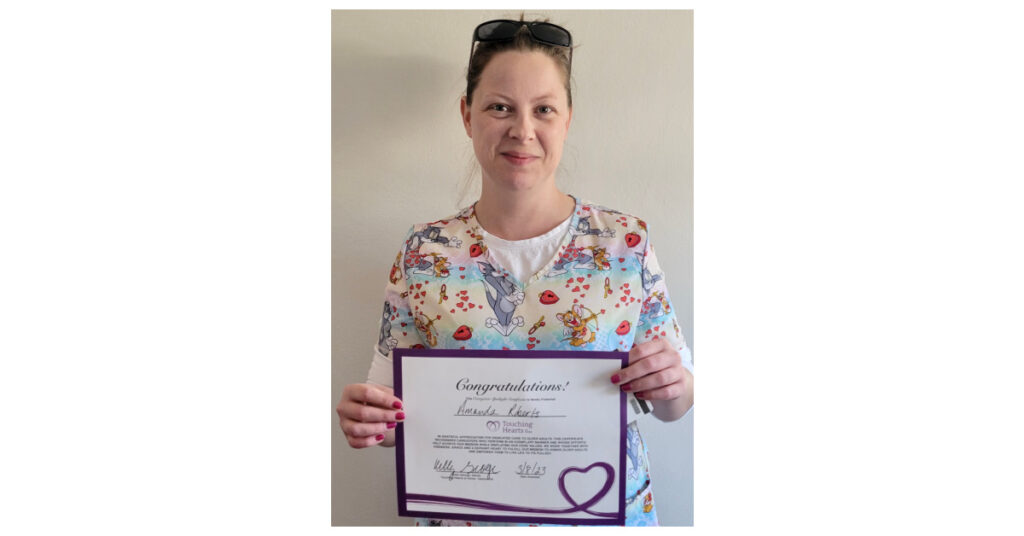Six Benefits to Having Elder Care Help With Oral Hygiene
World Oral Health Day is celebrated around the world on March 20th. The FDI World Dental Federation created it to bring awareness of oral health’s importance. Gum disease and tooth loss impact many other aspects of a person’s overall health.
Do your parents have a harder time taking care of their teeth through proper brushing, flossing, and diet? Here are six benefits to having elder care providers helping your parents with oral care.
They Embrace Better Oral Care
Your mom and dad may have difficulty holding a toothbrush properly or reaching into their mouth to floss their teeth. Caregivers help with personal care tasks like brushing and flossing teeth.
After the teeth are clean, the caregiver can give your parents a small portion of fluoride mouthwash to rinse with. That helps strengthen enamel and aid in oral health.
It Increases Self-Esteem and Confidence

When your parents experience poor oral care, bad breath and missing teeth impact self-esteem. It can make them feel less confident around others, which affects socialization. With healthy teeth and gums, they may want to engage with others more than they used to.
The Risk of Chronic Health Conditions Lowers
Gum disease and poor oral care increase the risk of some chronic health conditions. Medical researchers have found links between poor oral health and conditions like Alzheimer’s, diabetes, and heart disease.
They Eat Healthier Foods
Gum disease and tooth decay are less likely to occur when the diet avoids high-sugar foods. Elder care providers can cook meals that focus on healthy foods like fresh vegetables, low-fat dairy, and whole grains.
Your parents won’t rely on processed heat-and-eat foods that are contain added sugar. Caregivers can also help them read nutrition labels in the grocery store to ensure they’re avoiding sugary ingredients like fructose, corn syrup, and rice syrup.
Caregivers also help your parents choose beverages like herbal tea or seltzer that do not contain added sweeteners. In addition to helping with oral care, sugary drinks are also linked to diabetes and heart disease.
They Have Help Cleaning Dental Appliances
Do your mom and dad have dental appliances like bridges or dentures? Caregivers can help them take care of those appliances by reminding them how to wash them when they remove them before going to bed.
Appointment Scheduling Is Easier
Elder care aides can schedule your mom and dad’s dental check-ups. Instead of taking the day off to take them to their dentist, the caregiver can drive them for you. You’ll get an update on how things went and when the next appointment is.
When dexterity and grip are impacted by chronic health conditions like arthritis or dementia, your parents don’t need to ignore oral care. Elder care aides can help them with brushing and flossing. Call an elder care specialist to learn more about personal care and hygiene services.
If you are considering elder care in Centerville, OH, for an aging loved one, please contact the caring staff at Touching Hearts At Home of Dayton today at 937-558-9394.
You may also like:
Improving Food Safety for You and Your Senior
Foodborne illnesses often increase in the summer months due to warmer temperatures. The warmer it is outside or in a…
How Can Seniors Prevent Kidney Stones?
Kidney stones are a common condition that can affect people of all ages, but seniors tend to have a higher…
Try These Great Spring Activities with Your Senior
Spring is a great time of renewal and rejuvenation. For many parts of the country, you’ve endured a long, hard…
Five Common Challenges Facing Older Adults
Seniors are a diverse group of individuals, meaning that they all face aging in slightly different ways. But there are…
How to Feel Younger as a Senior
There is no magical answer to feeling young when you enter your golden years. Like everyone, you will have good…
Our Current Caregiver Spotlight Recipient is: Amanda Roberts
Touching Hearts at Home – Dayton is pleased to announce Amanda Roberts as our current Caregiver Spotlight recipient! Amanda started…
Fun Indoor Activities That Provide Some Exercise
Your dad’s doctor recommends that he gets more exercise. But, it’s hard to get him outside when it’s still snowing…
What Steps Can Caregivers Take to Prevent Senior Malnutrition?
Malnutrition in seniors can lead to serious health issues, including dehydration, weakened bones, a weakened immune system, and more. Home…
4 Tips for Living with Congestive Heart Failure
Congestive heart failure is a condition in which the heart doesn’t work as well as it should. Today, doctors typically…









